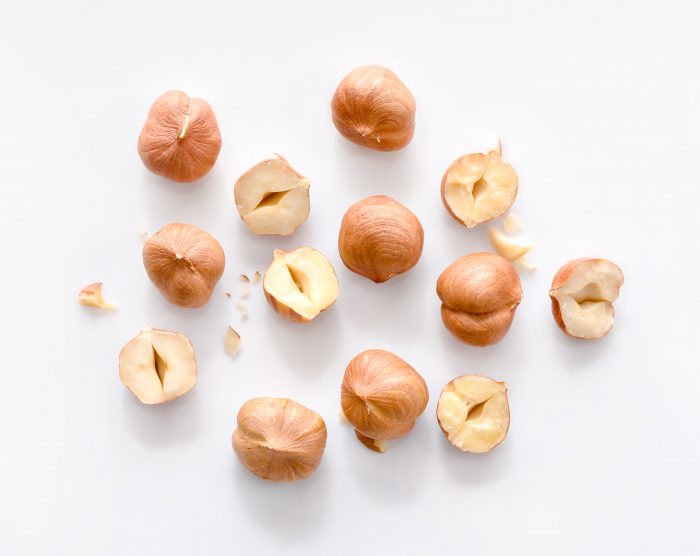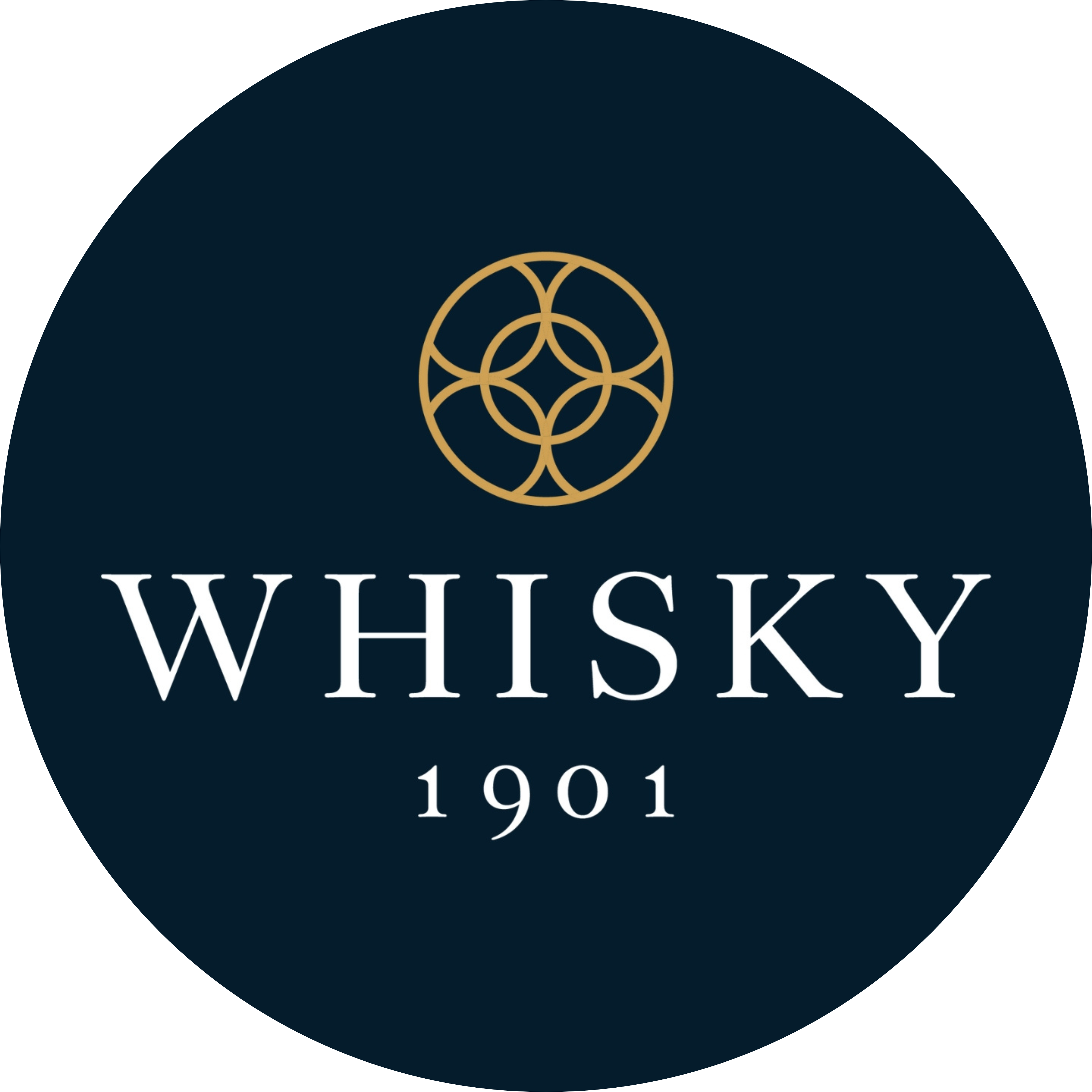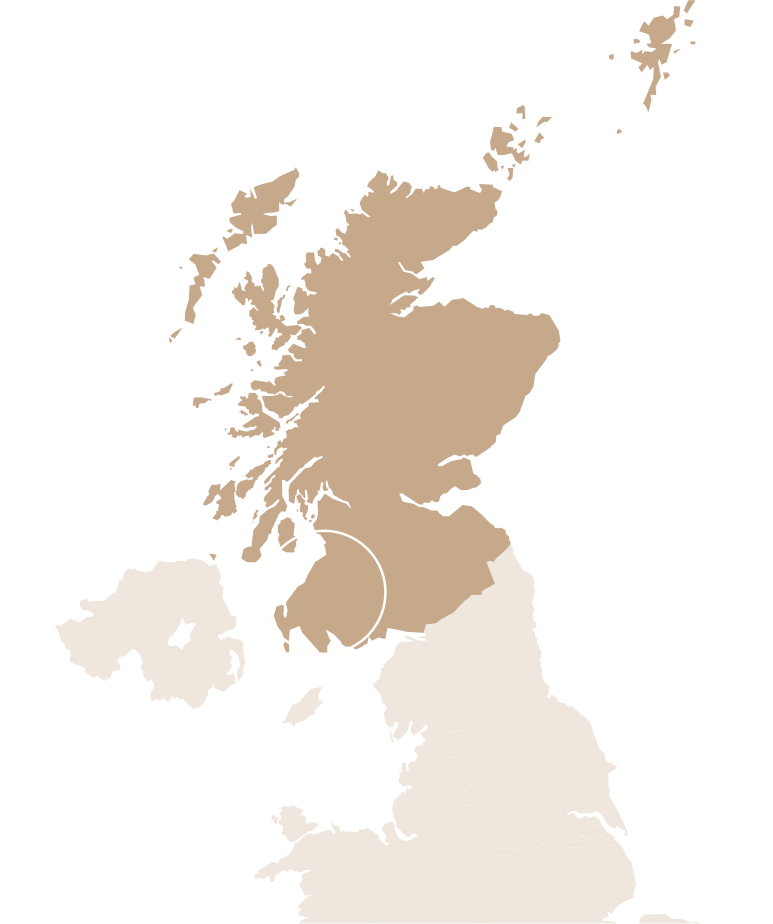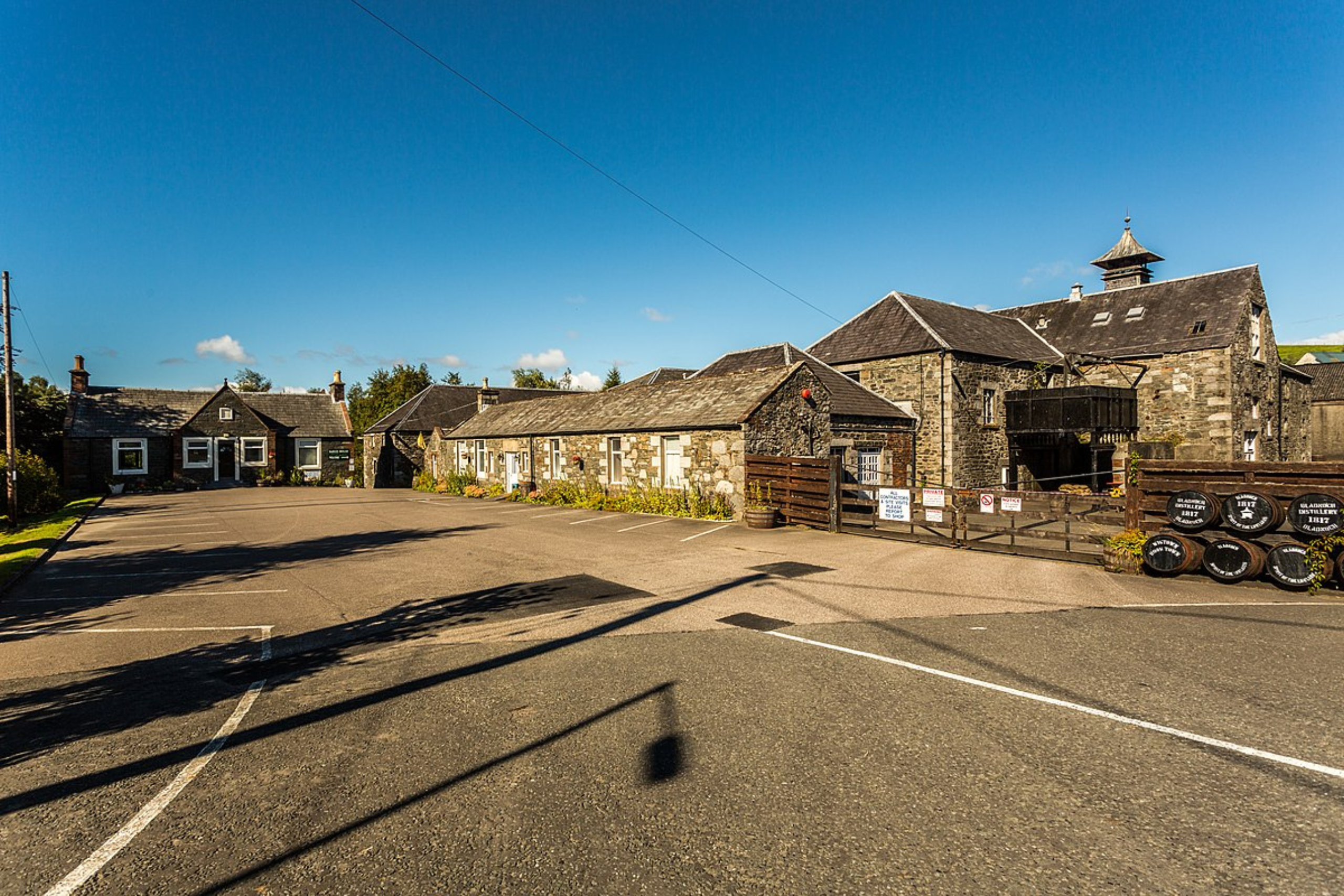About
Bladnoch was established as a farm distillery by the bothers Thomas and John McClelland in 1817, and operated by John’s son, Charlie, until 1905 when production ceased. It was sold to the Irish distillers Dunville & Company in 1911, and between that date and 1937 it operated only intermittently. It was bought by Ross & Coulter of Glasgow, who dismantled it in 1941. Bladnoch reopened in 1956, was expanded to four stills in 1966, became part of Inver House for a decade, and then in 1983 was bought by Arthur Bell & Son. After Bell’s was taken over it was folded into Guinness/UD now Diageo and production once again slowed. In 1993, it was officially decommissioned. The year after, however, two brothers from Northern Ireland bought it with the initial idea of turning the extensive site into a holiday village. A change of heart soon after saw them wishing to start making whisky again – contrary to the terms of sale. It took six years to persuade Diageo to allow them to make 100,000 litres a year – below capacity and as it turned out right on the limits of profitability.
In July 2015 Australian businessman David Prior, along with ex-Scotch Whisky Association CEO, Gavin Hewitt, announced the purchase of Bladnoch and plans to restore the distillery to its former glory. Ahead of its reopening in 2017, three single malts created using existing stocks of Bladnoch (Samsara, Adela and Talia), were released in limited quantities in Australia, the UK and other global markets.
Production at Bladnoch offically restarted in June 2017, with the flow of a grassy, malty Lowland-style spirit.
Flavours
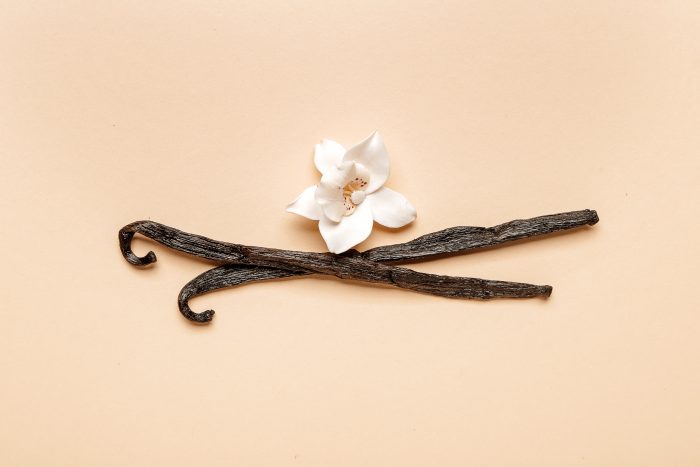
Vanilla
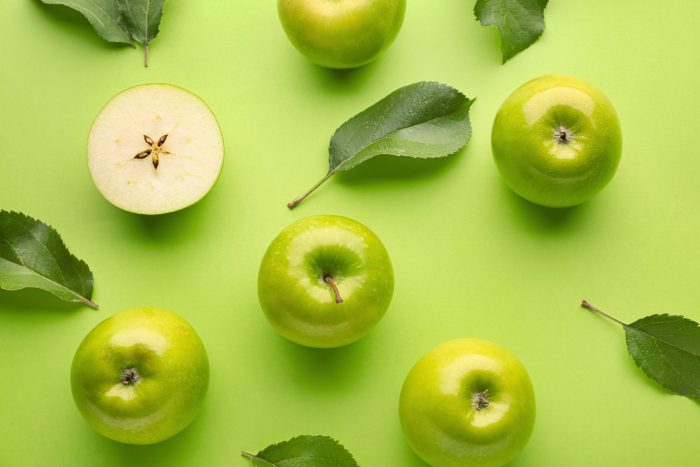
Green Apples
